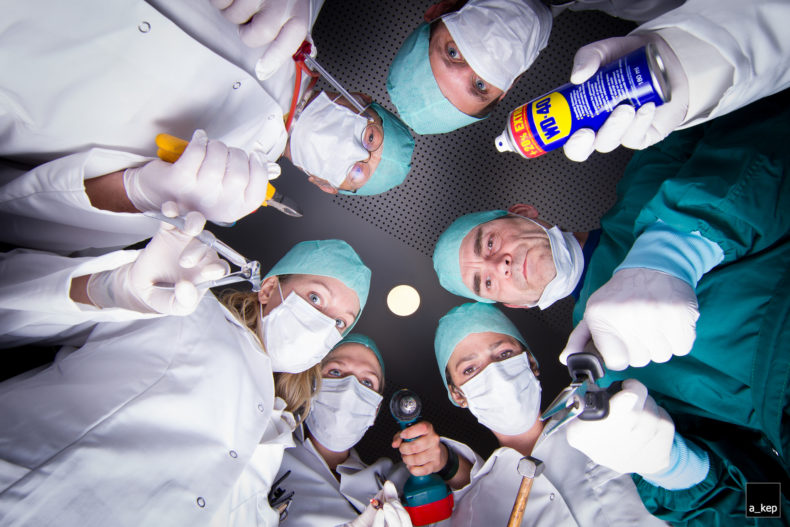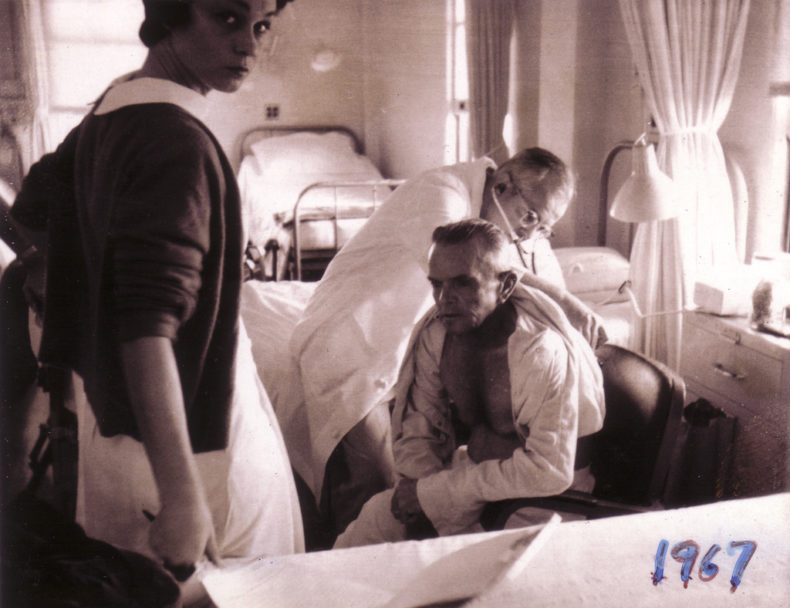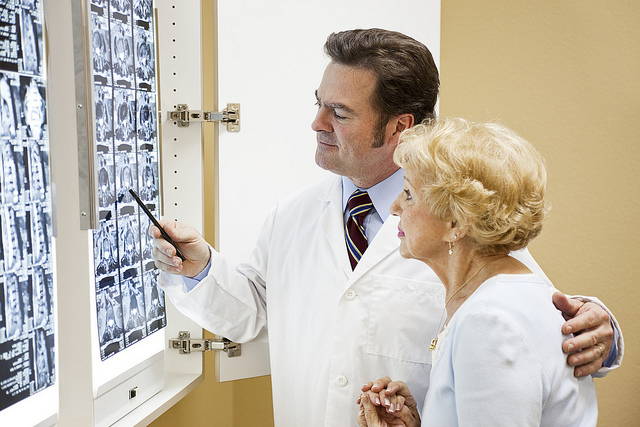 Over the past few months, I’ve spoken to a number of groups about the power of belief in medicine as a part of promoting my book, Suggestible You. It’s been a fascinating process and I’ve loved hearing about people’s individual experience with placebos, self-healing and alternative medicine.
Over the past few months, I’ve spoken to a number of groups about the power of belief in medicine as a part of promoting my book, Suggestible You. It’s been a fascinating process and I’ve loved hearing about people’s individual experience with placebos, self-healing and alternative medicine.
But I often asked a simple question: what does all of this offer us? The mind is a powerful thing. Great, what do we do with that?
If you are not into mind/body medicine, it’s a pretty good question. Why should we care? Whenever I get this question, I find myself telling a story about an accomplished placebo expert by the name of Karin Jensen. It seems that when she first started studying placebos, she quickly ran into a rather serious problem: She could not elicit them.
Try as she might, when she gave little inert pills to unsuspecting subjects, they never reported feeling better. Which might not seem strange except studies have regularly shown that whenever you give placebos to subjects, some percentage do end up feeling better. Sometimes as many as 60 percent of them.
And to make matters worse, her assistant wasn’t having this problem. She could give out pills left and right and, Bam!, people felt better. For Jensen, who was dedicating her life to placebo research, this was kind of an existential crisis.
So she set her mind to getting better. She decided that she needed to make more eye contact and speak with more authority. More outward confidence, maybe. Wear the white coat and play the role of the all-knowing doctor.
Sure enough, people started to respond to her placebo pills and she has gone on to do some of the most exciting work in the field. I think about this story a lot (and forgive me Dr. Jensen if I have gotten details wrong – another chapter of my book details how your strongest memories can be your most inaccurate). And I have decided that it holds an important lesson for the modern medical establishment.
 The center of a good placebo is delivery and storytelling, just ask any witchdoctor, shaman or homeopath. In other words, your bedside manner. And with the incredible pressure in medicine to pack in as many patients into a day as possible, most of us are starting to feel more like lab rats than people getting quality care.
The center of a good placebo is delivery and storytelling, just ask any witchdoctor, shaman or homeopath. In other words, your bedside manner. And with the incredible pressure in medicine to pack in as many patients into a day as possible, most of us are starting to feel more like lab rats than people getting quality care.
So here is my exciting new proposition – call it the next big disruptive idea, call it old fashioned common sense. Every doctor, before he or she graduates medical school, must prescribe placebo pills to ten people and get four of them to respond. You can have as many tries as you want but you have to do it.
The goal would be for every doctor in the US to have the experience that Karin Jensen had – to really look hard at how they interact with us patients. For some, it would mean acting more confident, for others it would mean speaking clearer and to the point. But for most it would mean having a little humanity.
How many of us have found ourselves looking pleadingly at a doctor, trying to understand the very personal and potentially life-changing information they are giving us and seeing some disinterested prick staring at a screen?
 But with the placebo test they would have to, at least once in their lives, treat the patient like a human being. I imagine students stressing out the day before the placebo test, wondering if they understand the treatment well enough to put it into simple, confidence-inspiring terms. While their roommate stares out the window, saying, “How am I ever going to pass? I’m just naturally an asshole.”
But with the placebo test they would have to, at least once in their lives, treat the patient like a human being. I imagine students stressing out the day before the placebo test, wondering if they understand the treatment well enough to put it into simple, confidence-inspiring terms. While their roommate stares out the window, saying, “How am I ever going to pass? I’m just naturally an asshole.”
Of course not all doctors are jerks, many of them have wonderful bedside manner and truly care about their patients. But that’s the beauty of the Placebo Test, those doctors would pass without even studying.
This might seem like pointless sadism to some readers but in fact it’s based in science. A large portion of the effectiveness of a given drug comes not from the drug but from the bodies responses to the expectation of that drug. How much that is – half, a quarter? – depends on the type of drug and the type of condition that it treats.
But this effect is so powerful that overcoming it is one of the main reasons that drugs are so expensive to make. Still don’t believe me? Two hundred million people around the world use homeopathy, which essentially means drinking well-packaged water. In the US, at least two thirds of users are satisfied with it. What exactly do you think is making all those people better? I’ll give you a hint – it’s not the water.
Anyone who has spent a lot of time with conventional doctors and then switched to alternative medicine can tell you what a more pleasant, healing experience it can be. And I guarantee you most alternative practitioners would pass my Placebo Test with ease. Now imagine combining that kind of care with proven effective treatments. It’s about time the rest of us took a lesson from those who make do with nothing but a promise and a little eye contact.
Photo Credit: Flikr Creative Commons, Otelo Linz
If you take into consideration the principle that the body always wants to heal itself then it makes perfect sense that personal encouragement to do so will help it get there. Some trials have shown that even when patients know they’re getting a placebo they still feel better.